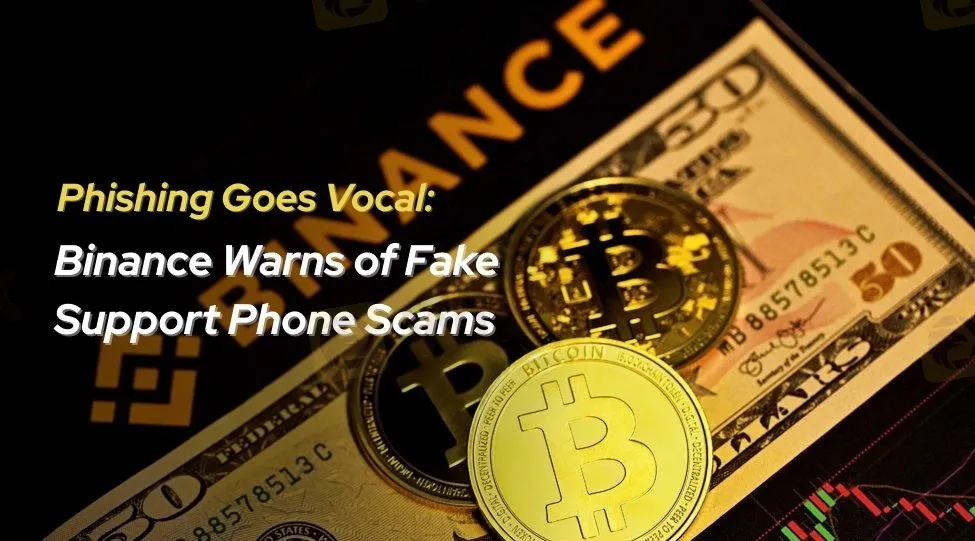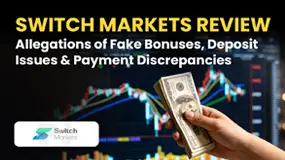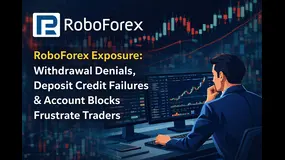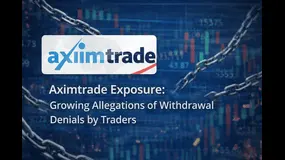Abstract:Binance introduces SMS-based security codes as scammers shift tactics from links to phone call traps.

Cryptocurrency exchange Binance has issued a warning regarding a wave of phishing scams that are now taking the form of SMS messages urging recipients to call a fake support number, rather than clicking a suspicious link.
These messages, designed to appear urgent and official, often include prompts such as “Not you?” to create anxiety and pressure the target into making a phone call. The scammers behind these messages then attempt to extract sensitive information by posing as Binance support representatives over the phone.
In response, Binance has extended its Anti-Phishing Code—a user-customized security tag that previously applied to email communication—to SMS notifications. This code helps users verify that a message truly originates from Binance. The feature is now available in all jurisdictions where the platform is officially licensed to operate.
Binances Chief Security Officer, Jimmy Su, confirmed in a statement to BeInCrypto that the company is aware of the increasing number of such scams. “Scammers are using SMS to impersonate Binance and other legitimate senders. These messages often look credible and trick users into revealing credentials or transferring funds,” Su stated.
Binance noted that both users and non-users have reported receiving these messages, suggesting that attackers may be using third-party databases to target phone numbers, regardless of whether the individuals are active Binance customers.
To combat this, Binance recommends verifying the presence of the Anti-Phishing Code in all official messages and encourages users to avoid calling phone numbers embedded in unsolicited texts. Instead, users should confirm all activity directly through the official app or website.
In addition to enabling the Anti-Phishing Code, Binance advises turning on multi-factor authentication and refraining from sharing personal or account-related information by phone. Any suspicious communication should be reported to the platforms support team for investigation.
This latest adaptation of phishing tactics underlines the evolving nature of social engineering in the cryptocurrency space. Rather than relying solely on malicious links, fraudsters are now increasingly turning to direct phone contact—adding a vocal layer to their deception.








